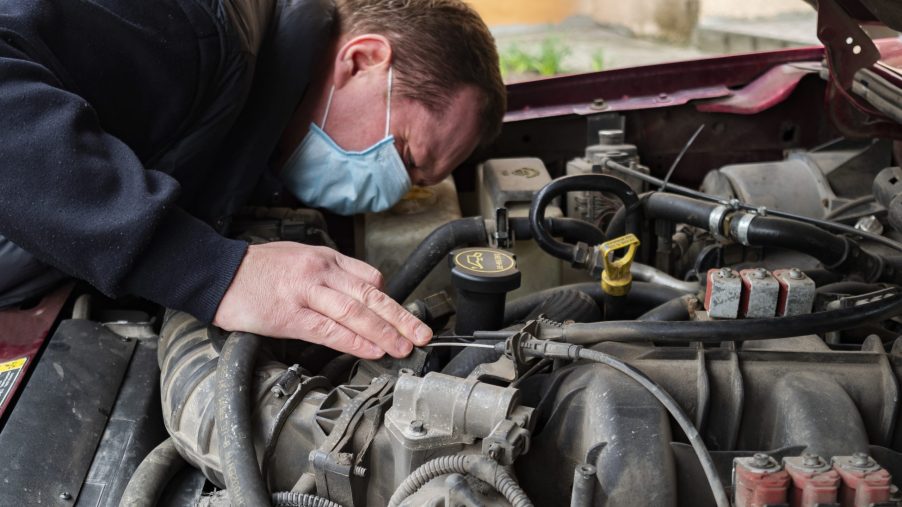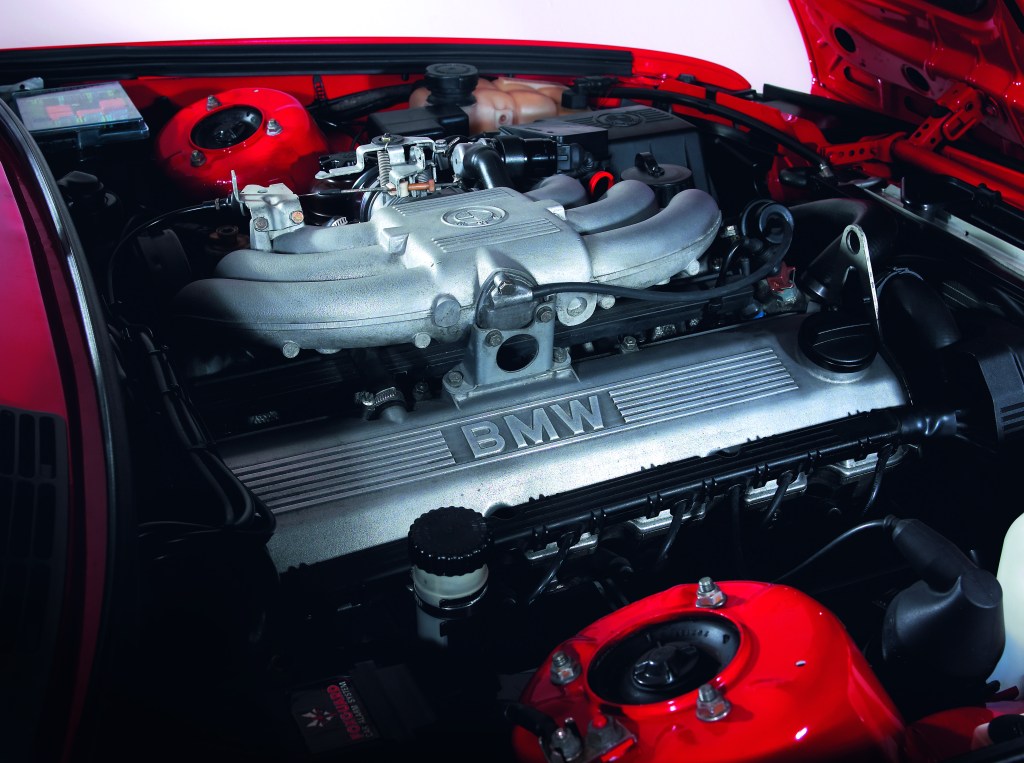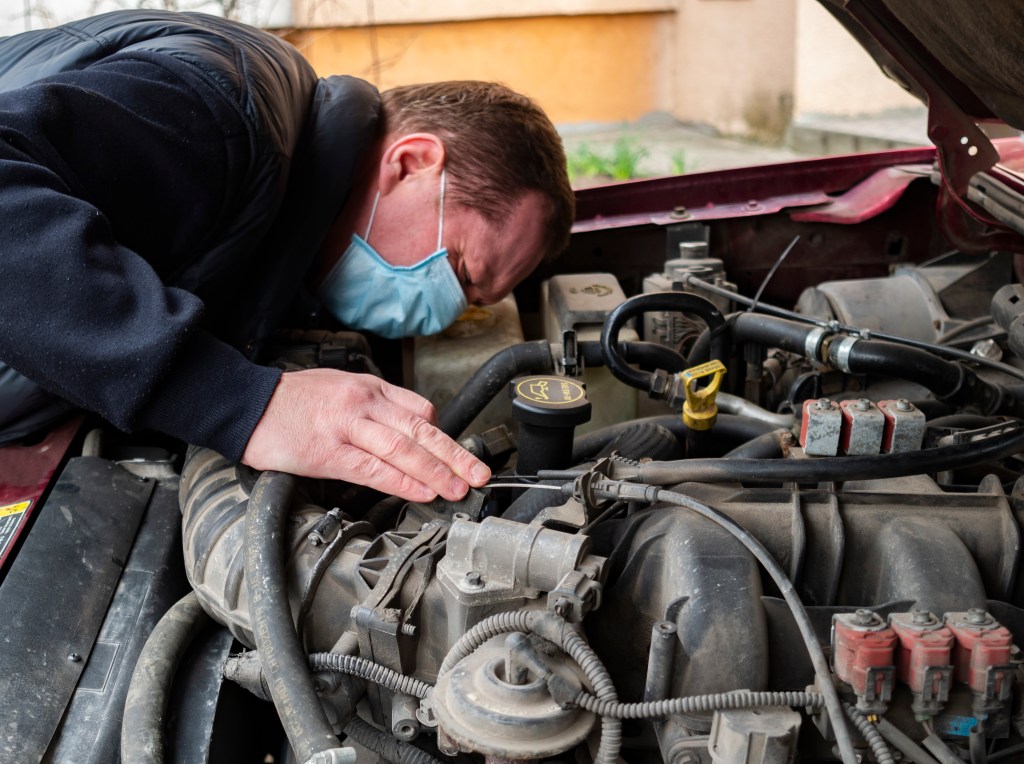
What is a Head Gasket and What Basic Mistakes Cause it to Fail?
The mechanical components of cars can vary greatly, but the basics of most combustion engines stay the same. There are moving parts that require maintenance and lubrication, and fluids, and gaskets, and keeping all of these components in good working order is the only way to ensure your car will have a long-lasting lifespan on the road. While replacing your head gasket isn’t a normal part of vehicle maintenance, there are several signs you can keep an eye out for that could let you know that this crucial element of your vehicle is starting to fail.
What is a head gasket?

As the name suggests, a head gasket is one of the many gaskets in your car’s engine, but it is one of the most important ones — chances are if you check out broken down vehicles on places like FaceBook Marketplace, you’ll find more than a few cars with a ‘blown head gasket.’ The job of the head gasket is important but simple, it prevents the coolant responsible for maintaining the engine’s operating temperature and oil from inside the engine from mixing. Unlike some gaskets, such as the one around your oil filter or other miscellaneous gaskets around the engine bay, the head gasket isn’t designed to need frequent replacements.
What causes the head gasket to fail?

Head gaskets may fail for several reasons, and some of those reasons are more common and preventable than others. If your engine overheats because of a coolant failure, the head gasket could warp or fail. Keeping an eye on your engine temperature and resolving any known issues with the car’s coolant system is essential for the upkeep of your engine as well as this gasket. Depending on where the gasket fails and how severely, the damage could be minor, such as leaking coolant, which will become noticeable through increasing oil temperatures, and a yellow residue that is noticeable in the oil and around the oil cap when removed.
In worse situations, which you may have seen on the road and never known exactly what was happening, the head gasket could fail, dumping coolant into the engine itself, resulting in a terrifying explosion of steam from the engine bay that may result in your car needing major mechanical repairs or an entire engine replacement.
How to prevent gaskets from failing
Preventing a head gasket from failing isn’t always impossible, but it is important to pay attention to anything abnormal with your vehicle, such as increased temperatures, and to stay on top of regular maintenance, such as oil, so you can notice any potential issues and resolve them before they become a bigger problem. For some older vehicles, head gasket failures are more common, and if you know this ahead of time, you can spend your time or money to have it replaced before the gasket fails.
Head gasket failures are not always preventable, and the issues that arise before a complete failure may not be noticeable, especially if it is something you’ve never experienced before. Along with that, the levels of damage that can be caused by a head gasket failure can vary from catastrophic to manageable, but if you are lucky and pay attention, you may be able to catch it before the problem causes the gasket to fail completely.


